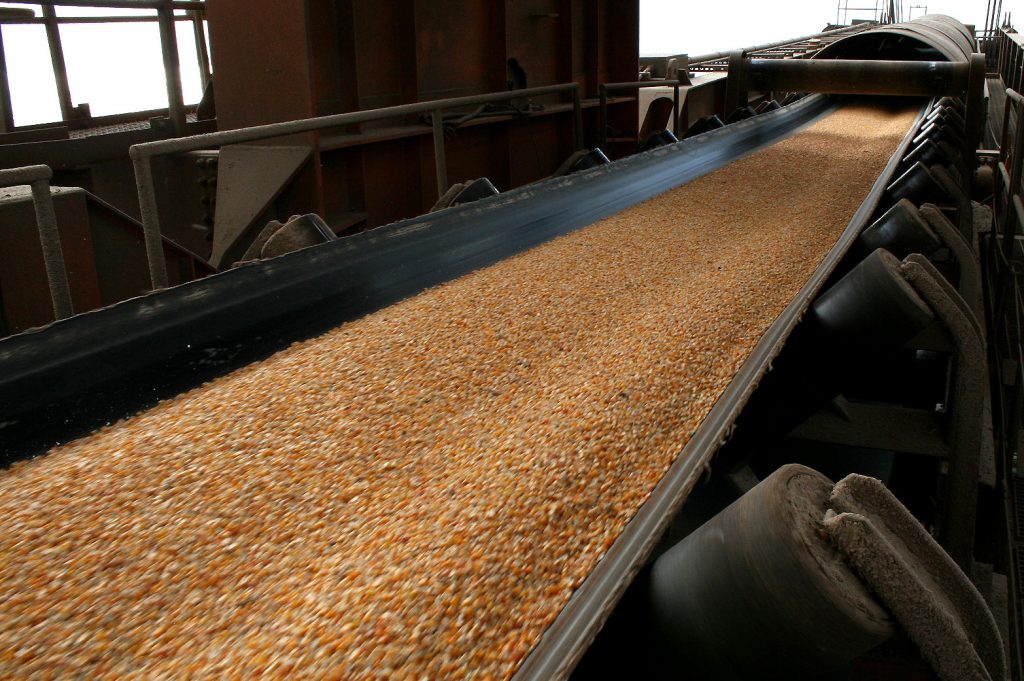Brasília – A report released this Thursday (9) in Rome by the Food and Agriculture Organization of the United Nations (FAO) shows that Brazil’s quickly increasing maize output has made it the second biggest exporter of the cereal in the world. Ten years ago, the country used to account for just 1% of worldwide maize sales. That rate is now 25%.
Arab countries are relevant markets, having purchased USD 229 million worth of product year-to-date through April, up 81.3% year-on-year according to data from the Arab Brazilian Chamber of Commerce.
The report also notes that India led sugar production for the second year in a row, outdoing Brazil once again – although the latter remains the biggest sugar exporter.
World food imports are expected to ease by 2.5% in 2019, and food product costs are expected to slide, but the poorer and more vulnerable countries will not benefit.
Ethanol
One of the reasons for the bigger maize output in Brazil is the fact that the product is used in ethanol manufacturing.
According to the National Supply Company (Conab), out of 30.3 billion liters of ethanol expected to be made during Brazil’s current crop, 1.4 billion will originate from maize. Brazilian ethanol is customarily made from sugarcane.
According to the National Supply Company (Conab), production of maize-based ethanol is “increasingly relevant,” although it only amounts to 4.62% of total output at this time. The state of Mato Grosso is the biggest producer, followed by the states of Goiás and Paraná.
“It’s a new line of business. Brazil is able to make ethanol from maize and from cane. Eventually, we’ll be able to make what we call second-generation ethanol, which is made from biomass. So this is a new market that’s opening up,” said the general coordinator for Sugarcane and Agroenergy at the Brazilian Ministry of Agriculture, Livestock and Supply, Cid Caldas.
Caldas estimates that over USD 1.26 billion will be invested in production of maize for ethanol extraction in Brazil over the next four or five years.
*With information from UN News and the ANBA Newsroom.
Translated by Gabriel Pomerancblum




